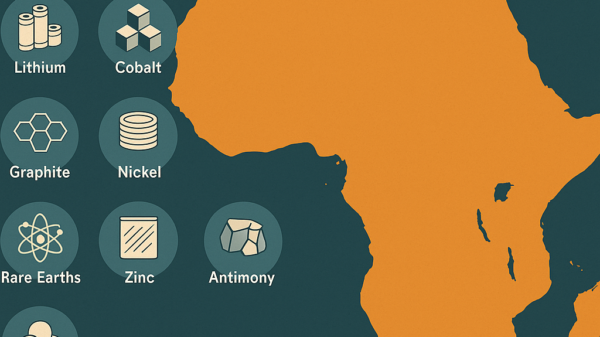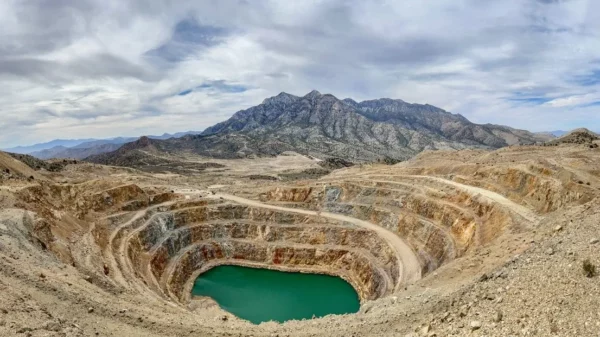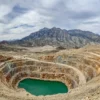Defense Metals (TSXV: DEFN) (OTCQB: DFMTF) started construction today on its new hydrometallurgical pilot plant intending on producing flotation concentration at scale.
Beyond the ability to scale, the pilot plant’s principle objectives also include demonstrating how to produce rare earth separation using the acid bake process flowsheet. Also to help confirm the quality of the project and gather data needed for the pre-feasibility study.
Acid–bake uses an acid solution to dissolve the rare earth metals from the ore. The company heats the solution to evaporate the water, leaving behind a concentrated slurry. After which, it filters this slurry and recovers rare earth metals from the filtrate.
“Pilot operations will be done in two segments and should be completed by the end of April. A successful pilot plant program will be essential for the completion of the engineering design and economics of the planned pre-feasibility study” said Craig Taylor, CEO of Defense Metals.
Read more: NevGold submits exploration and expansion plans for gold project in Nevada
Read more: NevGold Corp. gets exploration notice approval from Bureau of Land Management
Defense Metals sources 600 kilograms of mineral concentrate for pilot
Rare earth elements show up in a wide variety of applications. These include electronics, medical equipment, and renewable energy technologies. They are also essential components of many modern technologies, such as smartphones, computers, and electric vehicles.
There are also geopolitical factors surrounding rare earth elements.
China is the world’s largest producer of rare earth elements. Its uses its control of the market to exert political pressure on other countries. This has led to increased competition from other countries, such as the United States, Japan, and Australia.
Defense Metals owns the 4,262-hectare (10,532-acre) Wicheeda REE property, located approximately 80 kilometers northeast of the city of Prince George, British Columbia
The location for the hydrometallurgical plant is at SGS Lakefield, Ontario. The company sourced 600 kilograms of mineral concentrate from a flotation pilot plant, after it finished operating using a bulk sample from the Wicheeda deposit to be used as feed for the plant.
The independent preliminary economic assessment was originally based on a different hydrometallurgy flowsheet called the gangue leach. Gangue leaching is a caustic-crack process, which involves using treating the ore with an acid or alkaline solution to dissolve the metals.
After multiple tests, the company decided on the less complex acid bake process, which yielded better recovery rates.
The plant’s configuration will produce a high-purity rare earth precipitate that’s suitable as feed for a separation plant. Also, the company will share samples from the new plant with potential end-users for qualification and product development purposes.
Follow Joseph Morton on Twitter
joseph@mugglehead.com














